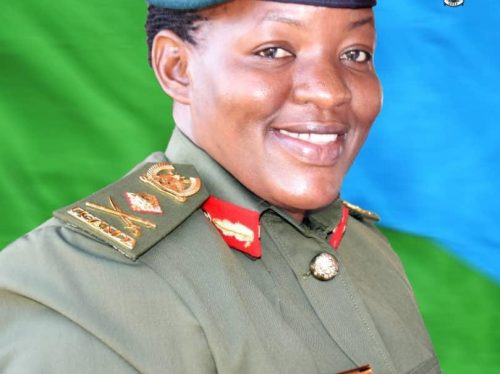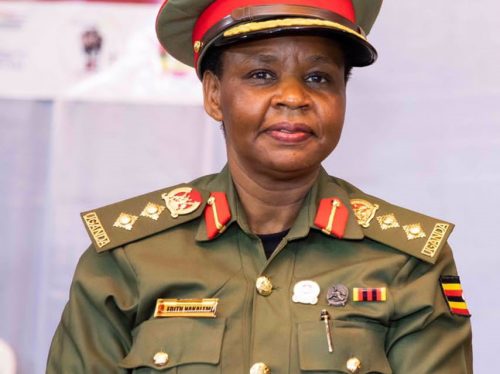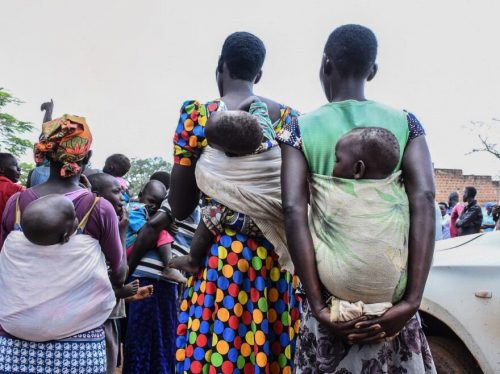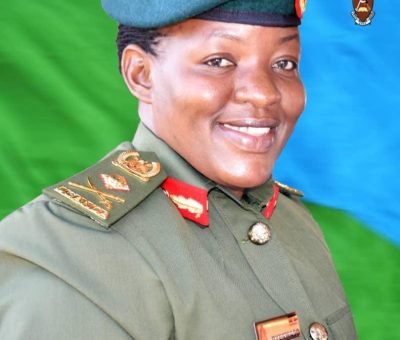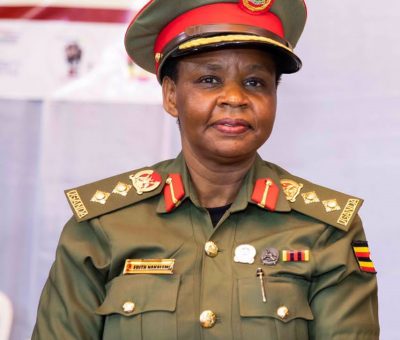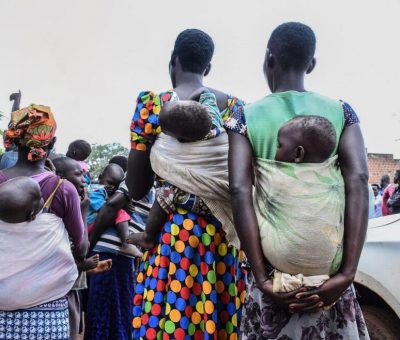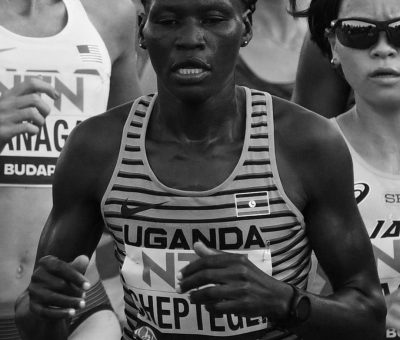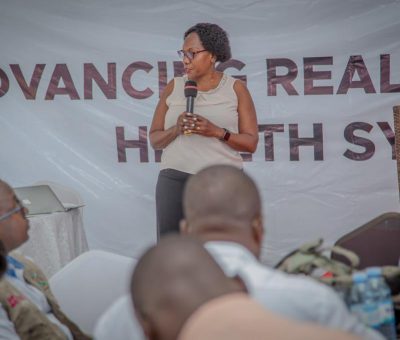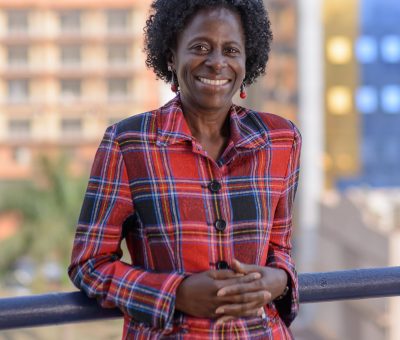Women inclusivity in the tech world
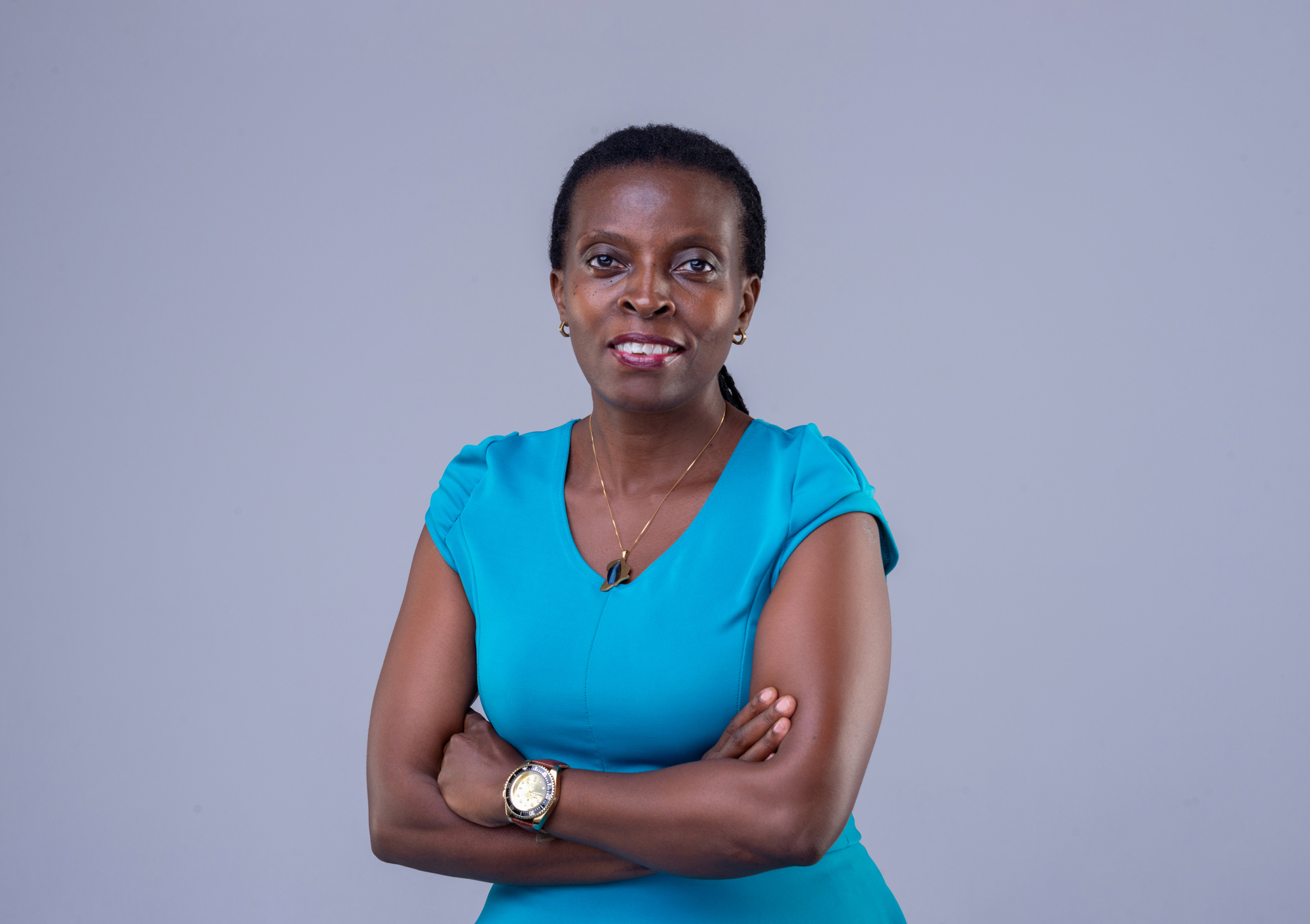
Bonnita Nyamwire, the research manager at Pollicy Uganda, is passionate about women and their inclusion in spaces that were previously referred to as masculine spaces. She shares about what inclusivity means in this digital era.
- What does ‘innovation and technology for gender equality’ mean?
This would mean bridging the digital gender divide. Digitalisation is a fundamental benefit and need in society, especially in the current digitally governed age where technology is the norm. Bringing women into technology results in more creative solutions and has greater potential for innovations that meet women’s needs and promote gender equality. A more balanced and equal digital space would not only benefit women, but the general population.
Digital technology presents an opportunity to narrow gender gaps by enhancing access to welfare services, identification (ID), and financial services and information. Securing identification for women is imperative, as digital identification enables them, in many contexts, to assert their legal rights, access financial services, and claim entitlements to social programs for their children and themselves. Digital tools are vital for women activists’ engagement in online spaces as they allow them to mobilise, do advocacy and lead social movements more seamlessly as long as data privacy is ensured.
- Where is Uganda at in ensuring this inclusivity?
Uganda is striving to achieve gender inclusivity through strengthening normative, legal and policy frameworks that enable inclusiveness in the design and implementation of policies and programs. Across social, political and economic spheres in the country, there are components that address gender imbalances and consist of gender inclusivity initiatives and these have seen Uganda register some progress in reducing gender inequalities and vulnerabilities. These include social protection programs like the Uganda Women Entrepreneurship Program (UWEP), the Youth Livelihoods Program (YLP), Labour Works Program, and Social Assistance Grant for Empowerment (SAGE), among others.
There is also increased representation of women in political leadership both in parliament and other arms of government.
At the same time Uganda is signatory to instruments at international level like the Convention on the Elimination of All forms of Discrimination against Women (CEDAW), the Beijing Platform of Action (BPfA), and the most recent, Global Agenda 2030 Sustainable Development Goals (SDGs) among others.
Civil society organisations have played a significant role in working collaboratively with government and international women’s rights bodies to achieve gender inclusivity. They also hold governments accountable for translating their commitments into laws and policies and into implementation and enforcement. The government has increasingly recognised the important role that CSOs play and the importance of working with them for progress.
- What gaps are there in our society in regards to inclusivity in the tech arena?
Women’s access to the internet and ownership of digital devicesremains significantly low. Women in low- and middle-income countries are, on average, 10% less likely to own a mobile phone than men. But also, in some parts, say of Uganda, women own a mobile phone but may be unable to connect to the internet to use digital technology. That could be because they live within areas not covered by mobile broadband while others, though theyhave access, lack of money to buy data bundles.
Secondly, the future of work is a source of anxiety because of potential job losses as the 4IR sets in to change the nature of work. Early preparation is vital in terms of retraining staff to mitigate negative effects.
Even where digital technology is available, low uptake still poses a significant challenge. Digital illiteracy is a major barrier to digital technology use. In order to tackle the capacity gaps that widen the digital divide, it will be key to support the development of digital public goods, including training on harnessing digital media for socio-economic development.
- What is Pollicy’s contribution to this?
The growing strength of the non-governmental sector, particularly women’s organisations like Pollicy has become a driving force for change. Pollicy is playing an important research role, awareness creation as well as capacity strengthening in advancing mechanisms that ensure the promotion of women in use of digital tools. The organisation is working intentionally to address diversity and include women from different backgrounds in training such that they are not cocooned into identity-based that do not benefit them. Pollicy also works to empower African women through civic education and giving them access to digital tools.
Through Pollicy’s projects like VOTE WOMEN, women in political leadership were engaged in a 6 months training on use of digital tools, creative writing, digital safety, creating multimedia content online, online campaigns as well as how to engage with different audiences online. This project was implemented in both Tanzania and Uganda. We are currently underway to implement the second cohort of women leaders that will be trained under the second phase of this project.
More of Pollicy’s work in advancing digital inclusion was on the Digital Ambassadors project that was implemented in universities in Uganda and Tanzania where a selected number of students 60% female and 40% male went through a through a series of digital mentorship and learning programs. This was a way of upskilling them with digital skills that contribute to their efficiency in the digital world as well as help them secure digital opportunities but also make the internet a safe place for them.
Pollicy is also conducting capacity strengthening for women Journalists, Bloggers, Social Media Influencers, Online content creators in Uganda and Kenya through the Future of work project that seeks to seeks to enhance digital safety for women in the work place.
The Future of Work project is designed to strengthen journalists, bloggers, social media influencers and online content creators’ capabilities in addressing digital discussions that involve digital safety, digital security and most importantly fact checking and combating gendered disinformation.
The other is an interactive game Digital Safe Tea whose aim is to help African women stay safe by arming them with information on digital security. Digital Safe Tea comes at an opportune time as conversations on women’s safety in digital spaces are being held worldwide. As more people get online for work and studies, women and girls, globally experience a surge of online violence and abuse. Additionally, they often do not know where to get information on how to keep safe from such attacks and more. This game is available online at: https://digitalsafetea.com/ for the general public to access.
It is important to mention that the aforementioned projects were born out of Pollicy’s various research studies on online gender-based violence on the different categories of women. Findings from these research studies informed the design of the projects.


